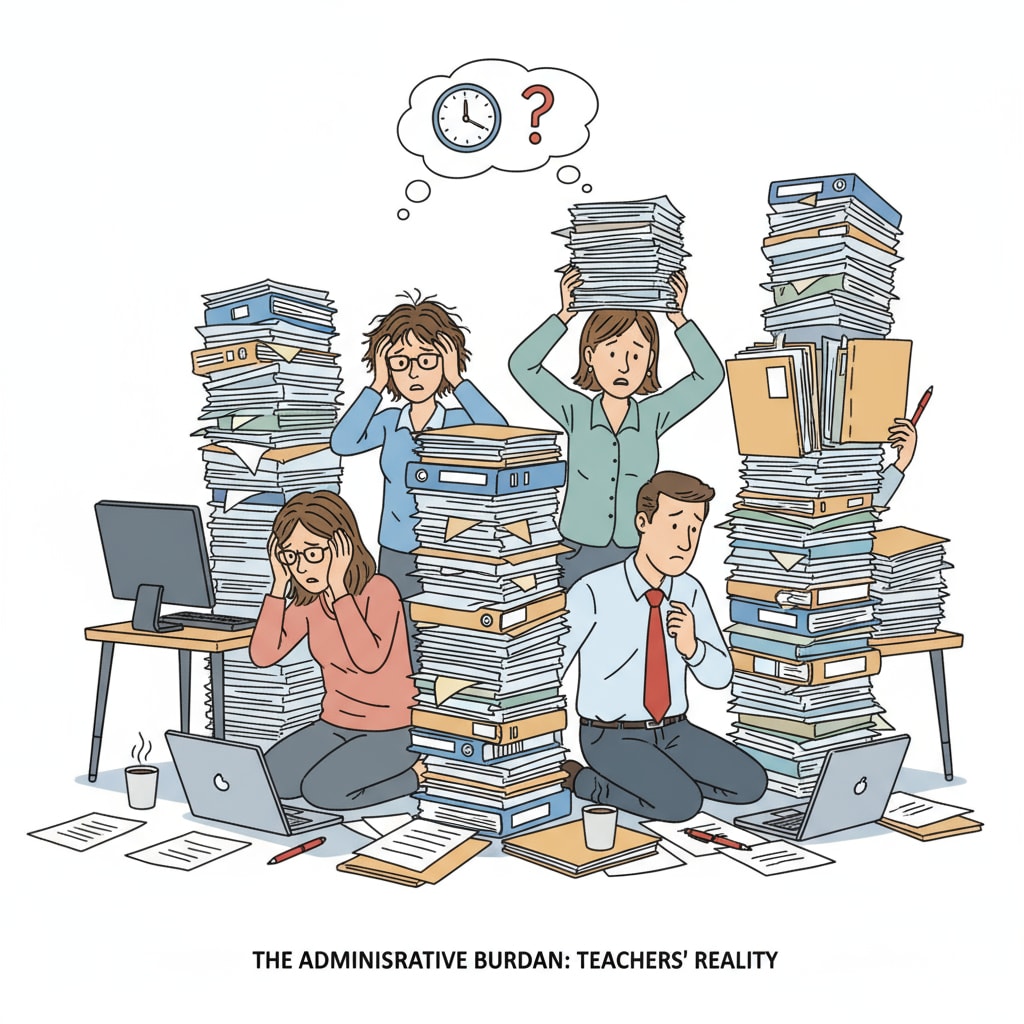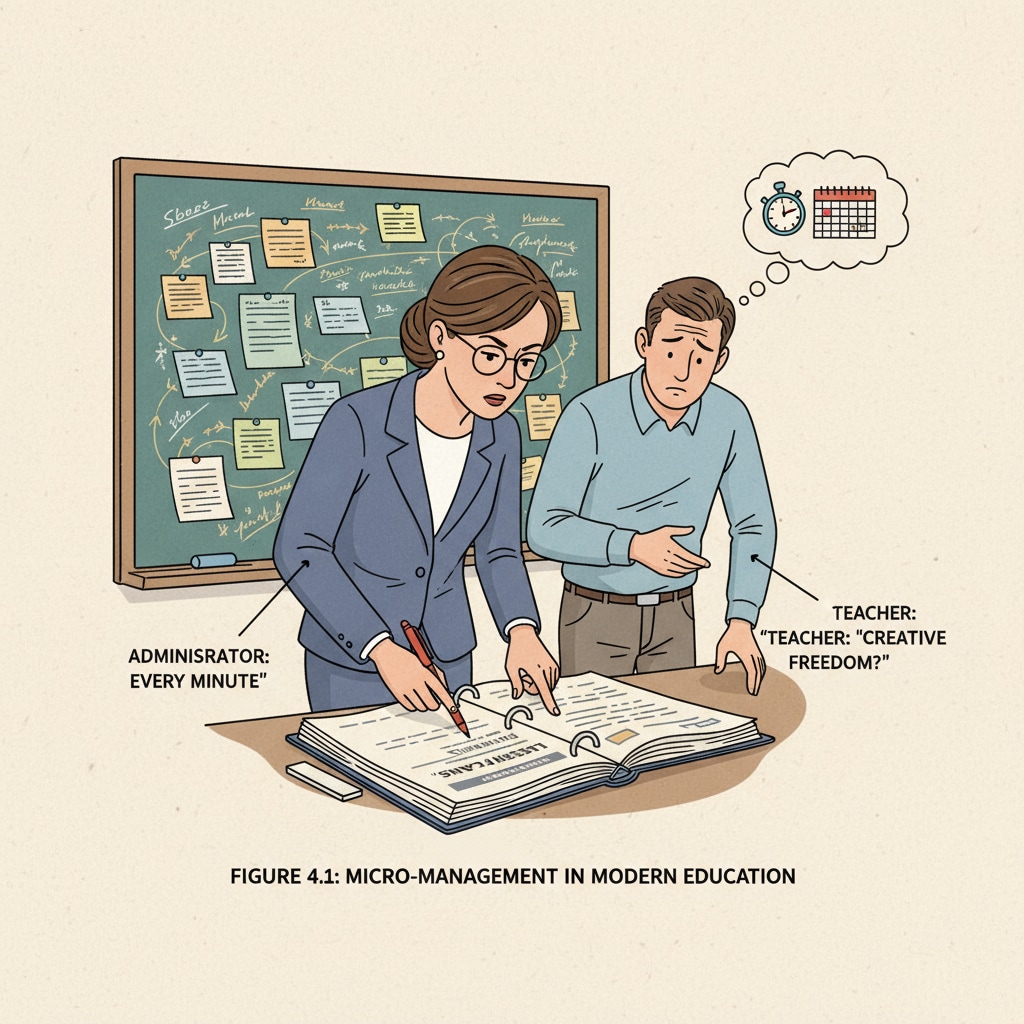Micro – management, teaching autonomy, and workload are three intertwined issues that are currently plaguing K12 teachers. In today’s educational landscape, teachers often find themselves shackled by excessive administrative demands and micro – management, which not only increases their workload but also severely restricts their teaching autonomy.

This has far – reaching implications for the quality of education.
The Burden of Micro – management
Micro – management in education refers to the detailed and often over – controlling supervision of teachers’ work. School administrators may dictate minute details of lesson plans, teaching methods, and even the pacing of the curriculum. For example, teachers might be required to follow a specific script during a lesson, leaving little room for improvisation. This kind of micro – management can be extremely stifling. According to The National Education Association, many teachers feel that such strict control reduces their ability to respond to the unique needs of their students.

Erosion of Teaching Autonomy
Teaching autonomy is the freedom teachers have to design and deliver instruction according to their professional judgment. However, with the onslaught of micro – management and increasing workload, teaching autonomy is being eroded. Teachers are less able to choose teaching materials, adapt lessons to student interests, or experiment with new teaching strategies. This lack of autonomy can lead to a decrease in teacher job satisfaction. As stated in ASCD’s research, when teachers have more autonomy, they are more engaged in their teaching and more likely to produce innovative and effective educational experiences for students.
The heavy workload associated with micro – management also plays a significant role in this erosion. Teachers are often bogged down with administrative tasks such as filling out numerous forms, attending endless meetings, and documenting every aspect of their teaching. This leaves them with less time and energy to focus on what they do best – teaching and nurturing students.
The Impact on Education Quality
The combined effects of micro – management and restricted teaching autonomy have a negative impact on education quality. When teachers are not allowed the freedom to be creative and adapt to student needs, students may receive a more standardized and less engaging education. For instance, in a classroom where the teacher has to stick rigidly to a pre – set curriculum, students may miss out on opportunities for deeper exploration and critical thinking. Moreover, the high workload can lead to teacher burnout, which further affects the quality of instruction. Burned – out teachers may be less enthusiastic, less patient, and less likely to go the extra mile for their students.
Readability guidance: We’ve used short paragraphs to make the content more digestible. Each H2 section has a clear focus, and we’ve provided examples to illustrate key points. Transition words like ‘for example’ and’moreover’ have been used to enhance the flow of the text.


